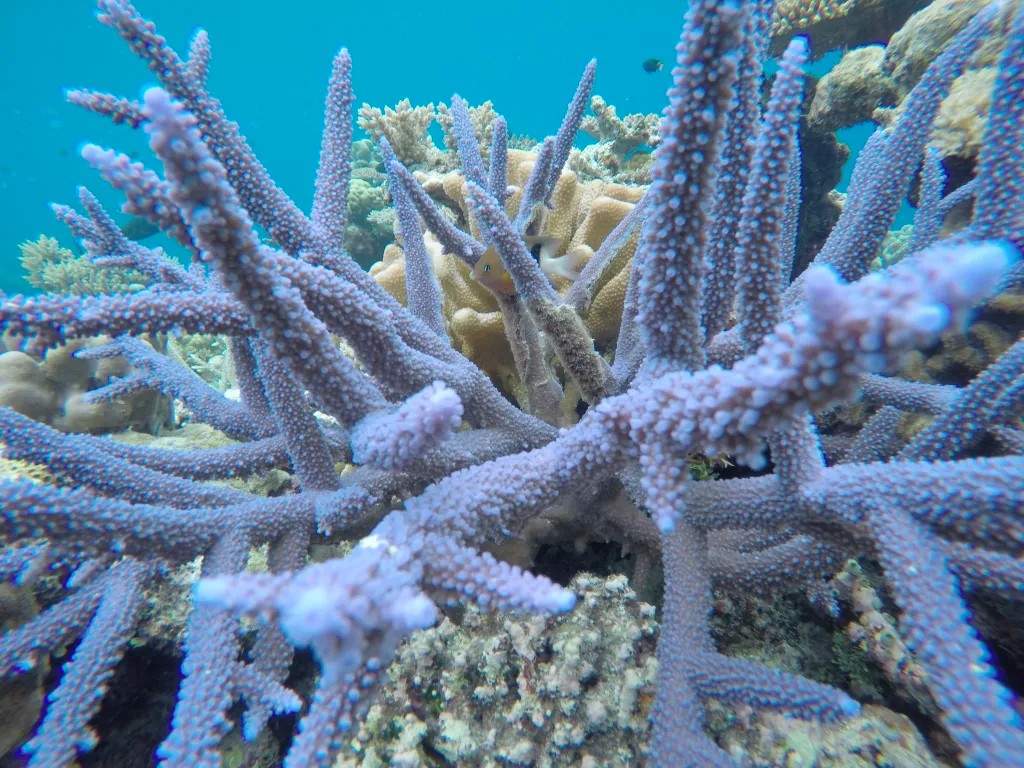
Many individuals who are drawn to saltwater aquariums do so because they like caring for corals. Corals have a limitless potential for growth and reproduction, making them not just among the most beautiful animals on Earth. Unlike humans, coral reef communities do not age in the same way across time, making it hard to predict their lifespan.
Despite this, coral maintenance isn’t a walk in the park. It is now abundantly clear that the temperature changes brought on by global warming are causing widespread damage to coral reefs in the oceans of the globe. Coral reefs are vital not just for the corals themselves, but also for the hundreds of species of fish and invertebrates that make coral reefs their home and rely on them for life and protection.
As enthusiasts, we can either help stop the decline of our coral reefs or add to the situation by further damaging them. Think about how you’d feel if you got a new puppy and it died within the first year because you weren’t able to give it the attention it needed. Let’s apply this similar thinking to corals, shall we? Choosing the Coral for sale is important here.
You’ll have more immediate success with simpler corals, and you’ll pick up the knowledge and experience you need to successfully care for more difficult species down the road.
Learn about the Traits of a Good Starter Coral
- Coral is a marine sessile organism that often exists in large, homogeneous colonies.
- In biology, a sessile creature is one that does not migrate and stays put (corals and anemones are quite similar, with the exception that anemones are mobile).
- Despite popular belief, corals are really animals.
- Most of them, but not all of them, can produce their own food via photosynthesis.
- Soft coral, huge polyp stony coral, small polyp stony coral, and sea fans are some of the other possible coral categories.
Hardy
Different corals vary in how resilient they are. Some corals, for instance, are not good for novices since they can’t make their own food and must instead depend on the food supply that is constantly there in the water.
However, there are particular corals that thrive in almost every environment we put them in. When we’re still finding our feet, we need to be able to take some rough treatment without succumbing to our own fragility.
Common
Don’t go out of your way to get a really rare coral variety. It will be quite costly, and there’s a decent risk it won’t even survive. To add insult to injury, it was probably removed straight off the reef, where it had spent many years of its life.
Reefs will be filled with a particular kind of coral since it is so simple to cultivate. In addition, it is often seen in marine aquariums. Because not all common corals are easy to care for, you should do your research before bringing any home.
Compatible Water Conditions Vary Significantly
One of the most difficult parts of having a saltwater aquarium is making sure the habitat stays the same. Stop and think about it for a second. Most coral reefs are located in the tropics because of the relatively stable temperature there. Water salinity and the relative abundance of other main and minor components are remarkably stable.




